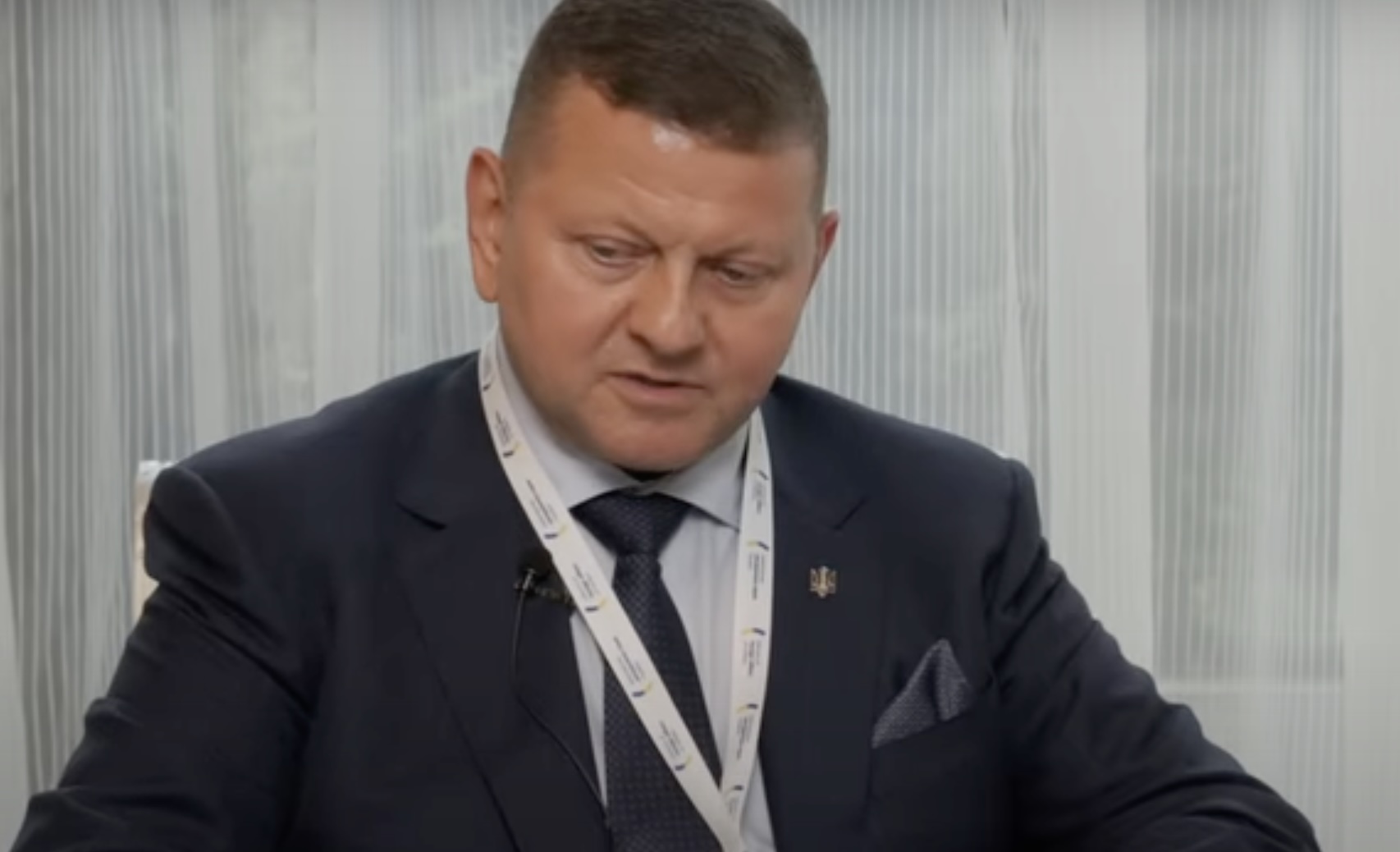


The paper reports that the approach came three days after a heated exchange between President Volodymyr Zelenskyy and President Donald Trump in the Oval Office.
The Guardian says Vance’s team sought to connect with Zaluzhnyi through “various diplomatic and other channels”. Sources cited by the paper describe the outreach as part of informal soundings among figures in Trump’s circle about “alternatives” to a “troublesome” Zelenskyy following the televised confrontation. After consulting the head of the Ukrainian president’s office, Zaluzhnyi refused to engage, the report says.
The Oval Office incident occurred on 28 February 2025 and was widely covered at the time. Accounts in the US and UK press described a sharp back-and-forth in which Vance challenged Zelenskyy during the meeting. Subsequent commentary highlighted the political fallout in Washington and Kyiv.
According to the Guardian, Zaluzhnyi’s decision reflected a wider effort to avoid actions that could be read as disloyalty while Ukraine remains at war. The article says that, despite his popularity and frequent speculation about a political future, Zaluzhnyi has kept to a cautious line since his dismissal as army chief in February 2024 and reassignment to London. It also notes that national elections are not scheduled during wartime, when voting is “legally and technically impossible”.
The profile situates the attempted contact within a broader portrait of Zaluzhnyi’s activities and the attention he receives in London. It reports that political figures and consultants, including former Trump adviser Paul Manafort, have made overtures at the Ukrainian embassy; the article says Zaluzhnyi declined such offers. The piece also references visits by senior Ukrainian officials and recurring discussions about whether and when post-war politics might resume.
In the days after the Oval Office meeting, the Guardian says, Zaluzhnyi opted for a public show of unity with Zelenskyy. The profile recounts that he met the president during a London stopover and posted an image signalling cooperation at a low point in Kyiv’s relations with Washington. A source quoted by the paper described the stance as a “principled position”, emphasising unity after what many in Ukraine viewed as a humiliation.
Relations between Zelenskyy and the Trump administration have since appeared less confrontational in public. During a White House event on 18 August, coverage noted a more measured tone and the presence of European leaders alongside the Ukrainian president, contrasting with the late-February encounter. The Guardian’s reporting characterised the later meeting as lacking the earlier fireworks, even as substantive differences remained.
The Guardian’s piece further outlines how British and Ukrainian officials have adjusted to Zaluzhnyi’s diplomatic role. It reports that the UK moved to handle ties through the Foreign Office to avoid tensions with Zelenskyy’s administration and with the current army command in Kyiv. At the same time, opinion polling—cited in the profile—continues to place Zaluzhnyi as a prominent potential contender should a presidential race occur after hostilities.
While the Guardian’s account includes new details based on anonymous sources, it aligns with earlier public coverage of the February Oval Office exchange and subsequent debate over Ukraine policy within Washington. As presented, the episode adds context to the careful balance maintained by Kyiv’s senior figures: avoiding steps that could be construed as internal rivalry, while managing relations with allies whose approaches to the war differ.
The Guardian’s reporting offers no timetable for any political moves by Zaluzhnyi and notes his continued reluctance to outline ambitions. With elections not planned during the conflict, and with diplomatic engagement continuing in London and Kyiv, the profile frames his position as that of a high-profile envoy navigating wartime sensitivities at home and abroad.
Zaluzhny: NATO Is Not Ready for the War That Has Already Begun
If Russia Wins: A Scenario and the Logic of the West’s Managed Defeat